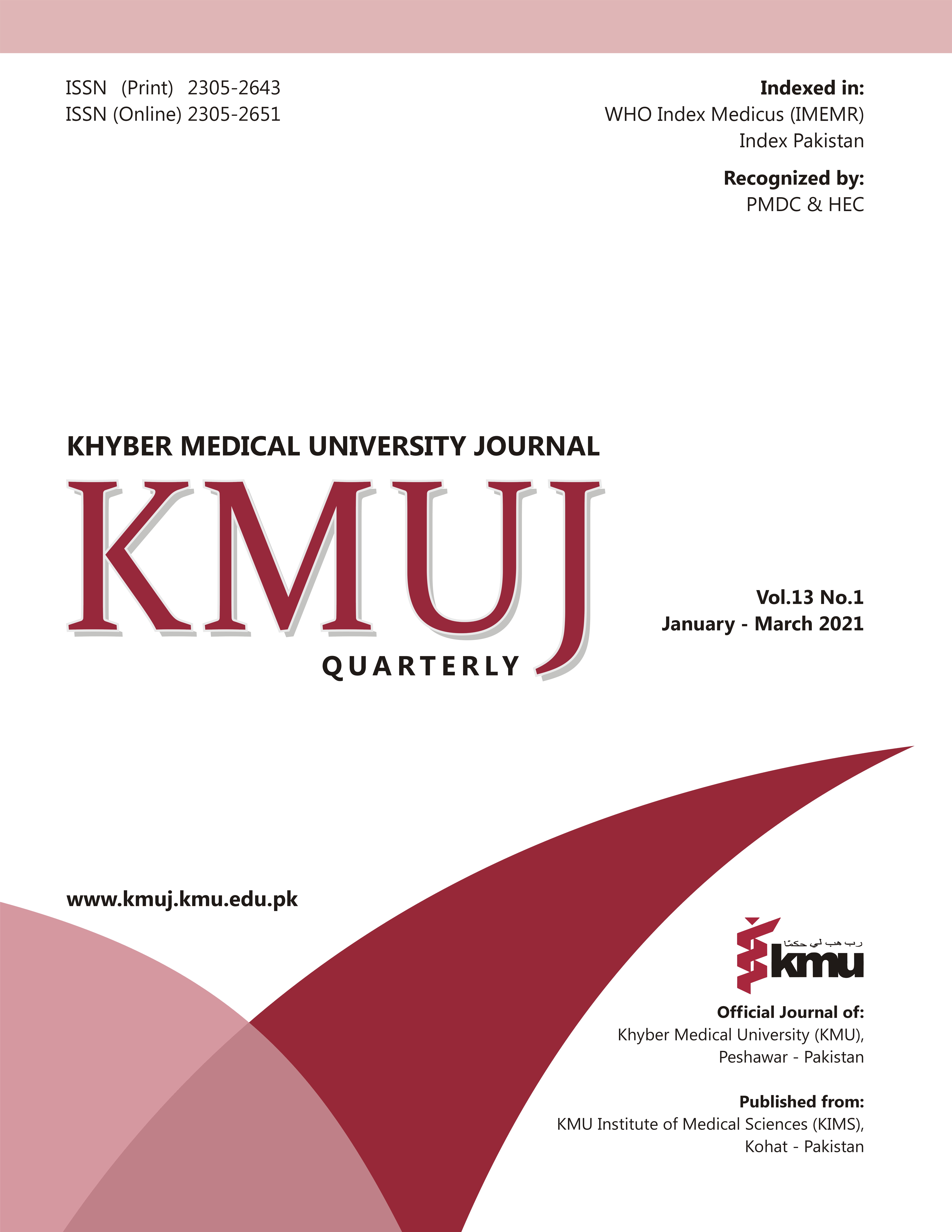THE COVID-19 PANDEMIC AND THE OPIOID CRISIS IN UNITED STATES OF AMERICA
Main Article Content
Abstract
Deaths from drug overdose have been on a stark rise. In 2019, 72,000 people died from a drug overdose in the US, a 5% increase since 2018.1 In New Jersey alone, the drug overdose-related deaths have increased by 17% in the first half of 2020.2 It is speculated that opioid overdose deaths will be the highest this year, a new spike that we had never seen since 2016 when fentanyl came into the market. The pandemic has resulted in a shortage of available clinics, mental health workers, and social services that provided a safety net to the most vulnerable members of our communities. The data among different New Jersey communities show that the black community has been disproportionately affected, highlighting the racial inequalities, especially in our public healthcare system.
There are three FDA-approved medications for managing opioid use disorder- methadone, suboxone, and naloxone. Although methadone and suboxone have been shown to reduce the risk of mortality, there is much stigma around using these drugs. Many patients view them as switching to another form of opioid or believe they are “lacking will or strength” if they continue taking these medications. Further complications arise as there are limitations and barriers for doctors allowing only limited or daily prescriptions. For instance, methadone can only be dispensed daily only at a limited number of specialized clinics. For Buprenorphine prescription, doctors require special certification to prescribe the drug, and there are stringent criteria for insurance reimbursement. None of these criteria are evidence-based and limiting access to the patient to these medications. With a rising eviction rate and an increase in homelessness, there is a need for a strong government response to tackle the crisis.
The federal government has taken some critical steps allowing dispensing four weeks of these medications to stable patients without a face-to-face evaluation. Steps like this are being welcomed in the public health forums and provide medication access to thousands of patients practicing social isolation due to COVID 19. Another promising initiative was the distribution of free naloxone over selective pharmacies, which helps reverse the effects of an opioid overdose. American Journal of Public Health in 2018 published a study outlining 11 policies to mitigate the impact of the opioid epidemic.3 The study found that naloxone distribution, expanding medication-assisted and psychosocial treatment, and promoting needle exchange helped reduce opioid-related deaths and increased life years. The government should implement these steps drastically on an emergency basis and educate the public through electronic and print media. Even though New Jersey has been the first state to offer buprenorphine treatment after reviving from an opioid overdose, there is a need to expand care and overcome barriers to follow-up treatment.4 Especial efforts should help the homeless and individuals living in shelters as they receive minimal mental health support. Such policy interventions can help reduce the deaths during the pandemic and help save individuals, families, and the most underprivileged communities.
Article Details
Work published in KMUJ is licensed under a
Creative Commons Attribution 4.0 License
Authors are permitted and encouraged to post their work online (e.g., in institutional repositories or on their website) prior to and during the submission process, as it can lead to productive exchanges, as well as earlier and greater citation of published work.
(e.g., in institutional repositories or on their website) prior to and during the submission process, as it can lead to productive exchanges, as well as earlier and greater citation of published work.
References
Hedegaard H, Miniño AM, Warner M. Drug Overdose Deaths in the United States, 1999-2018. NCHS data brief. 2020;(356):1–8.
Katz J, Goodnough A, Sanger-Katz M. In Shadow of Pandemic, U.S. Drug Overdose Deaths Resurge to Record. New York Times. 2020;1–11. Accessed on: November 12,2020. Available from URL: https://www.nytimes.com/interactive/2020/07/15/upshot/drug-overdose-deaths.html
Pitt AL, Humphreys K, Brandeau ML. Modeling health benefits and harms of public policy responses to the US opioid epidemic. Am J Public Health 2018;108(10):1394–400. DOI: 10.2105/AJPH.2018.304590.
Facher L. In a nationwide first, New Jersey authorizes paramedics to start addiction treatment at the scene of an overdose. Accessed on: November 17, 2020. Available from URL: https://www.statnews.com/2019/06/26/new-jersey-paramedics-buprenorphine/
